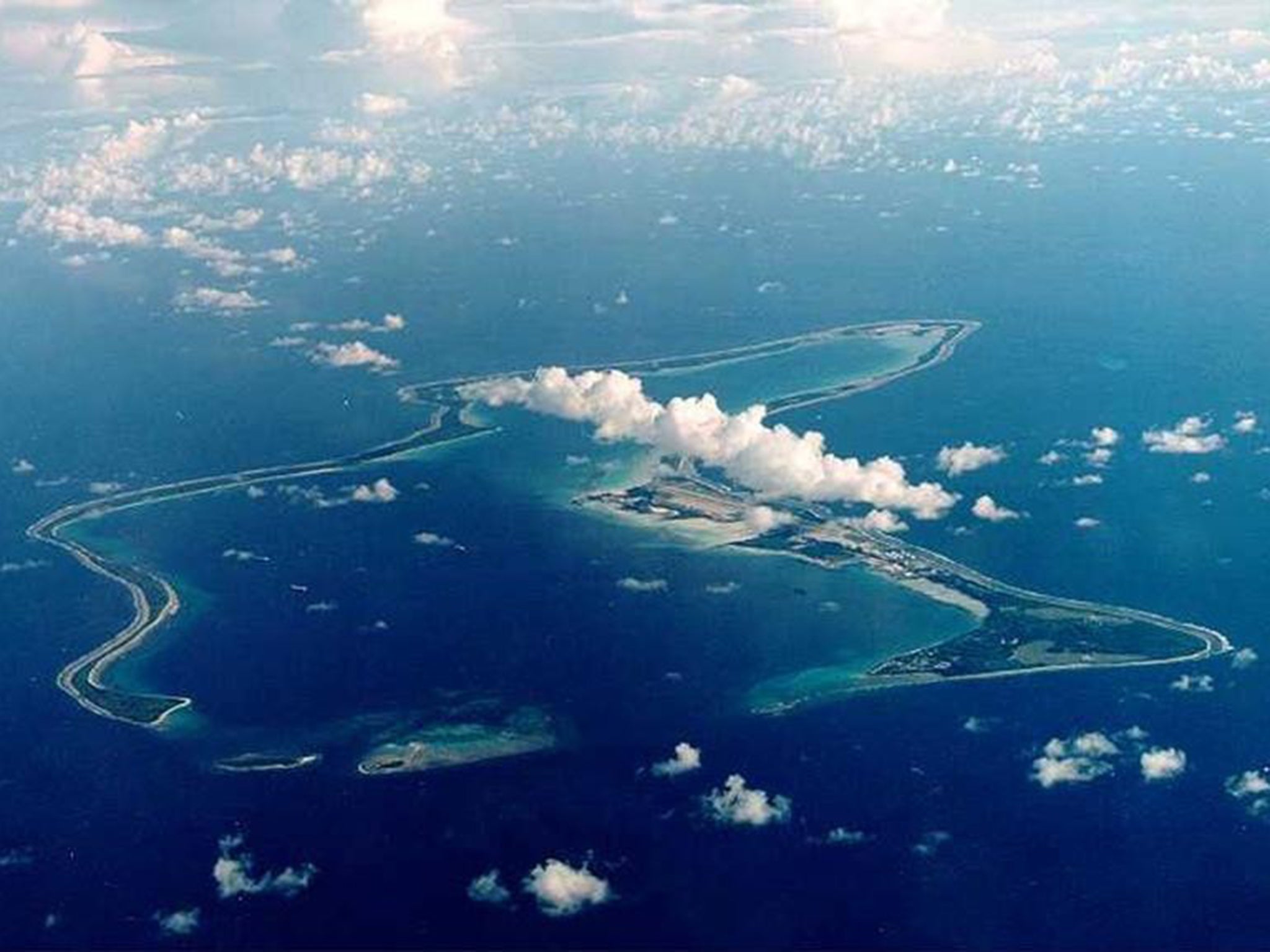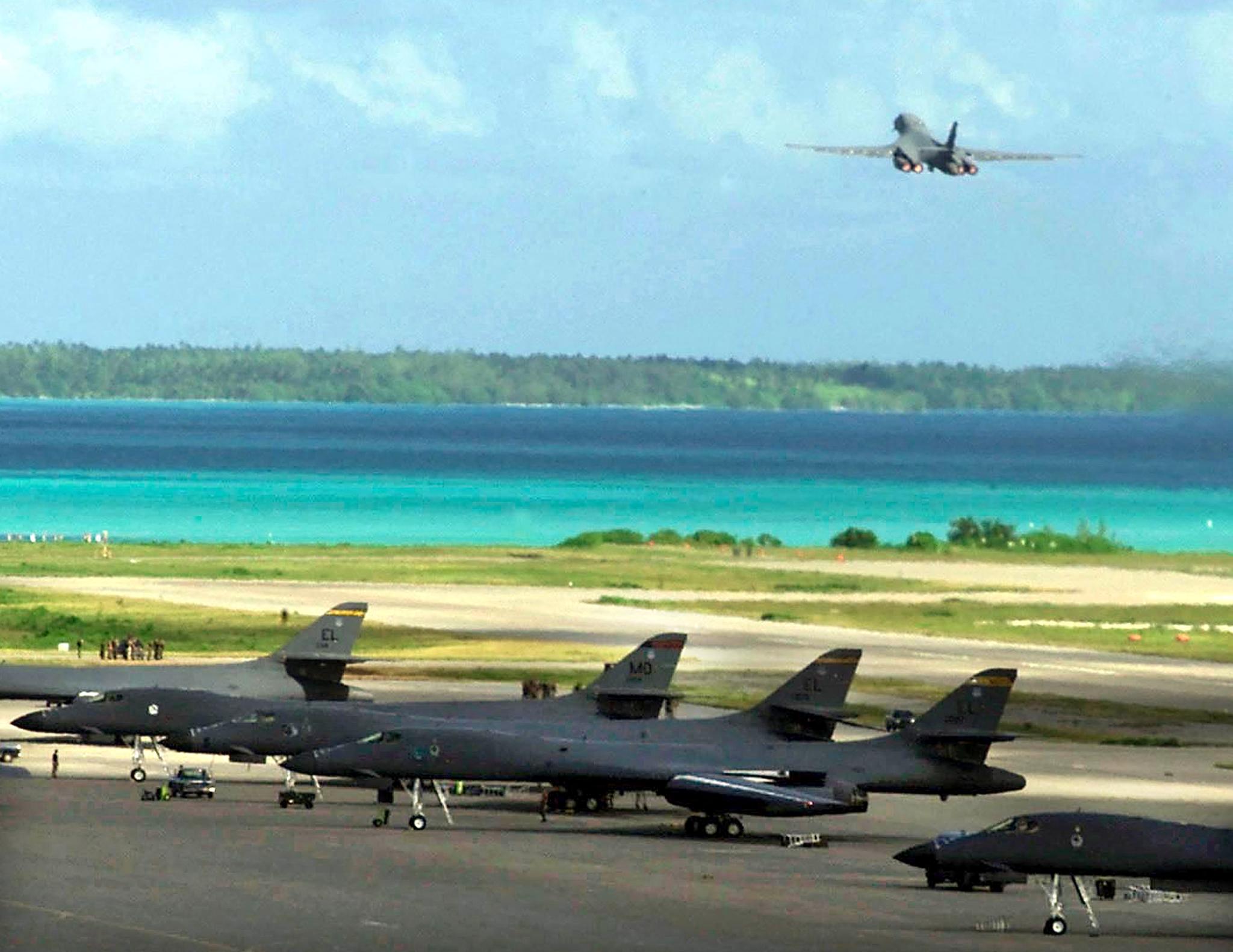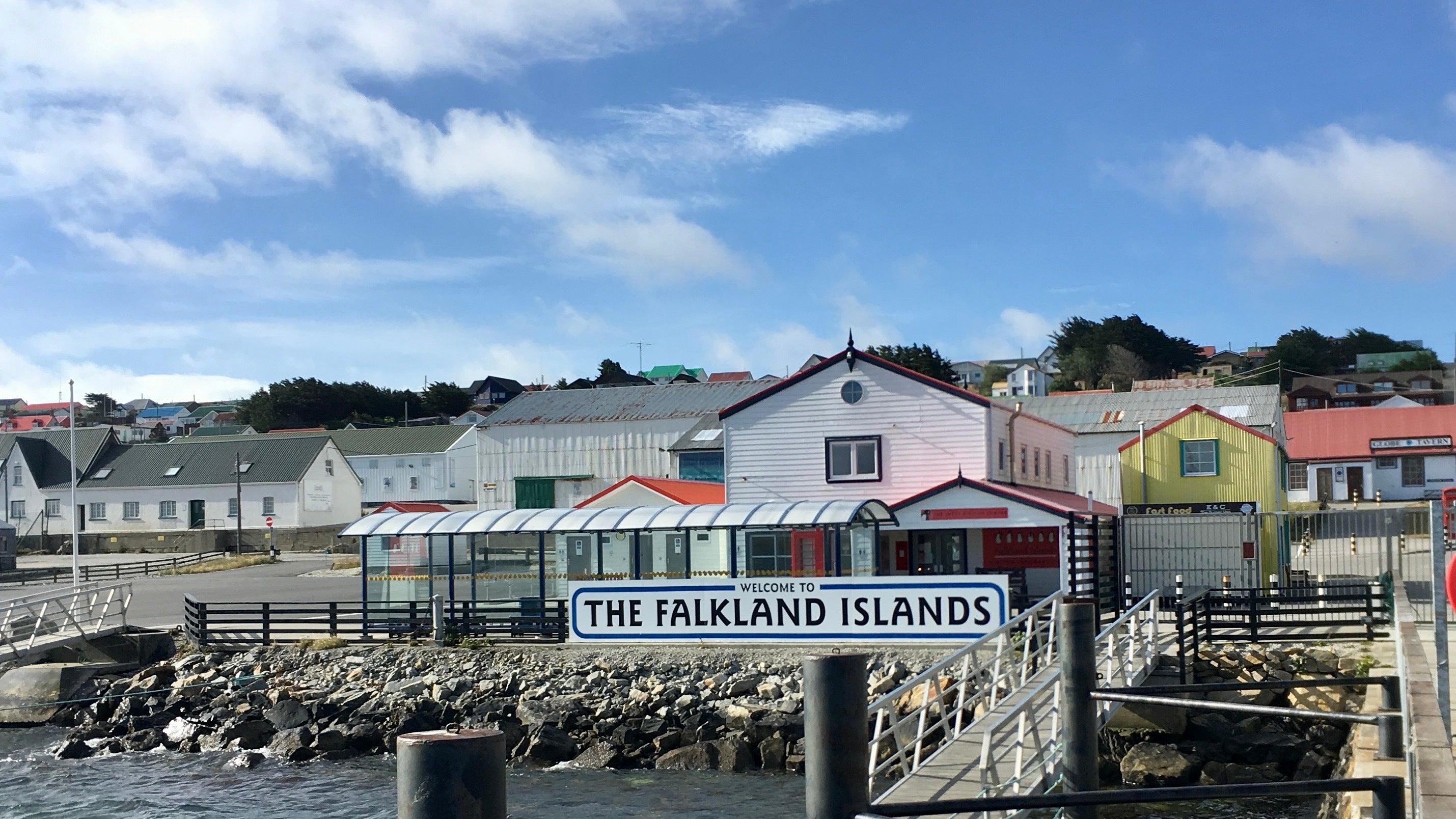What’s next for the Falklands and other British overseas territories after Chagos deal?
Could the UK-Mauritius deal open the door to other British territories?

Your support helps us to tell the story
From reproductive rights to climate change to Big Tech, The Independent is on the ground when the story is developing. Whether it's investigating the financials of Elon Musk's pro-Trump PAC or producing our latest documentary, 'The A Word', which shines a light on the American women fighting for reproductive rights, we know how important it is to parse out the facts from the messaging.
At such a critical moment in US history, we need reporters on the ground. Your donation allows us to keep sending journalists to speak to both sides of the story.
The Independent is trusted by Americans across the entire political spectrum. And unlike many other quality news outlets, we choose not to lock Americans out of our reporting and analysis with paywalls. We believe quality journalism should be available to everyone, paid for by those who can afford it.
Your support makes all the difference.The UK has handed sovereignty of the Chagos Islands to Mauritius after decades of negotiations. The Indian Ocean archipelago had been a British island territory for over half a century, and now returns to neighbouring Mauritius.
The deal stipulates that the strategically significant Diego Garcia US-UK military base will remain in place and under its current control – thought to be a major factor in securing the agreement.
A joint statement from Sir Keir Starmer and Mauritius prime minister Pravind Jugnauth said: “This is a seminal moment in our relationship and a demonstration of our enduring commitment to the peaceful resolution of disputes and the rule of law.”
“In resolving all outstanding issues between the United Kingdom and Mauritius, the treaty will open a new chapter in our shared history, one which will continue to be based on mutual respect and trust as close Commonwealth partners committed to the security and prosperity of the Indian Ocean Region.”

The move has provoked some criticism from Labour opponents. MP and Tory leader candidate James Cleverly called Sir Keir “weak, weak, weak.” It was later revealed that he had kicked off the negotiations as foreign secretary in 2022.
The deal has also raised questions about the future of the other British Overseas Territories, which are located all over the world. These are the island nations which are historically linked to the UK through the British Empire, going back as far as the 16th Century. All have the British monarch as the head of state.
Today, the UK must support any of the 14 to achieve independence if its population chooses to, as per the UN Charter. This is a complex and ongoing issue, fiercely debated both in the UK and amongst the population of the territories.
Perhaps most hotly contested is the Falkland Islands. Located off the coast of Argentina, this archipelago – also called Islas Malvinas – has ties to Britain dating back to the 1700s.
Authorities between the Falklands and Argentina have responded differently to the Chagos Islands deal. In a public statement, the Falkland Islands legislative assembly said: “The people of the Falklands have freely chosen our political status as a self-governing British Overseas Territory”.
“I would like to reassure you that the legal and historical contexts are very different,” added the crown-appointed Governor Alison Blake, “the UK will not agree to anything that runs the risk of jeopardising sovereignty in other Overseas Territories”

However, responding to the deal, Argentina’s foreign minister Diana Mondino said on Twitter / X: “We welcome this step in the right direction and the end to outdated practices.”
“The Malvinas were, are and will always be Argentine,” she added, promising “concrete actions” in the future.
After becoming a British colony in 1841, Argentina launched a campaign to reclaim the islands in 1982, sparking the ten-week Falklands War. Around 650 Argentinian military deaths were recorded in the conflict, compared to 255 British.
After 74 days, Britain resumed control of the Island when Argentinan officials formally surrendered. However, the country maintains its right to the land to this day.
Perhaps the key contributing factor that prevents the Falklands from renouncing its status as a British territory is the will of the population. In 2013, Islanders were given the chance to vote on the matter, with 99.8 per cent voting to do so on a 92 per cent turnout, representing around 1,500 people.
Other large British Overseas Territories include the Cayman Islands, Bermuda, Gibraltar, the British Virgin Islands and Anguilla. Although debate about decolonisation and sovereignty continues, most of these nations do not look set to change hands anytime soon.
This is largely because the nations operate with high levels of autonomy, whilst also benefitting from statutory protection and economic relationships with the UK.
Join our commenting forum
Join thought-provoking conversations, follow other Independent readers and see their replies
Comments